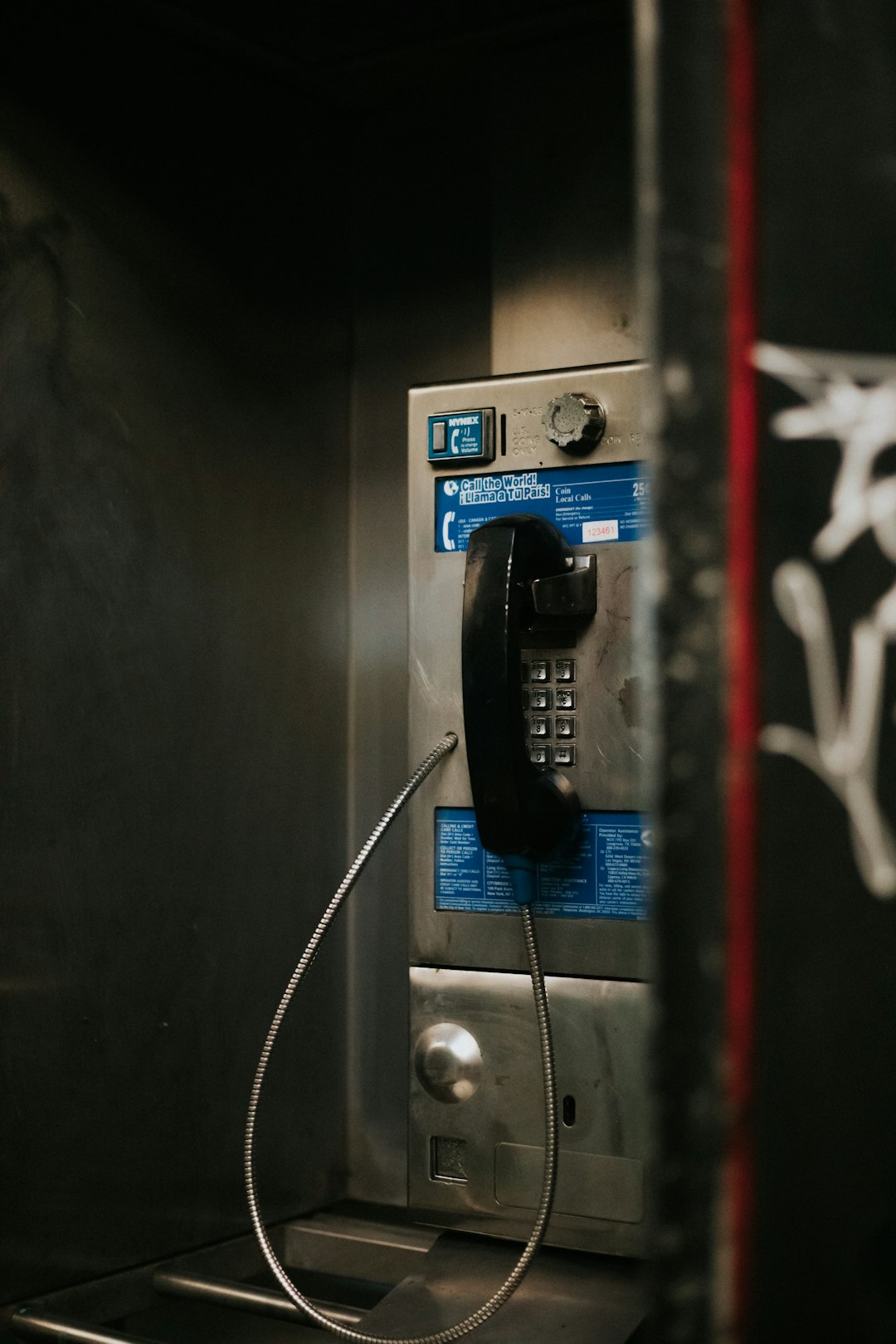In the competitive home inspection industry, Krewstown stands out as a leader in protecting professionals from TCPA (Telephone Consumer Protection Act) complexities, especially in Philadelphia. By prioritizing compliance with this federal regulation, Krewstown offers a shield against legal issues related to unwanted calls, enabling inspectors to operate freely and ethically. This is crucial given the strict regulations of the Unwanted Call Law firm in Philly. Krewstown's comprehensive solution includes stringent internal protocols, advanced tracking tools, and education on TCPA guidelines, empowering inspectors to stay ahead of evolving regulations and protect their businesses from potential TCPA-related lawsuits, including those involving the Unwanted Call Law firm in Philly.
“Unwanted calls can pose significant risks for home inspectors, leading to costly lawsuits under the Telephone Consumer Protection Act (TCPA). This article explores Krewstown, a vital shield for Philadelphia-based home inspectors navigating this complex legal landscape. We delve into the TCPA’s intricacies, highlighting its impact on inspectors and the potential for liability. By understanding Krewstown’s protective measures, you’ll gain insights into avoiding unwanted call lawsuits. Discover best practices to ensure compliance and safeguard your business from legal repercussions.”
Understanding Krewstown: TCPA Protection for Home Inspectors

In the dynamic landscape of home inspections, Krewstown: TCPA Protection emerges as a vital shield for professionals navigating the complex realm of consumer protection laws. This legislation, specifically tailored to address the growing concern of unwanted calls, plays a crucial role in safeguarding home inspectors from potential legal repercussions associated with compliance issues. By implementing robust TCPA (Telephone Consumer Protection Act) protections, Krewstown ensures that inspectors can conduct their business without fear of violation, fostering a fair and efficient market.
For home inspectors in the Philadelphia area, where the Unwanted Call Law firm might be a common concern, Krewstown’s TCPA guidelines provide a clear framework. This enables them to engage in ethical practices, ensuring client privacy and consent while avoiding costly mistakes. Understanding these protections is essential for maintaining professionalism and staying compliant with evolving consumer protection standards.
What is the Telephone Consumer Protection Act (TCPA)?

The Telephone Consumer Protection Act (TCPA) is a federal law designed to protect consumers from unwanted calls and messages, primarily from telemarketers. This law applies to various forms of communication, including telephone calls, text messages, and even automated voicemails. The TCPA restricts how businesses can contact individuals, with strict penalties for violators. In particular, it requires companies to obtain explicit consent before placing marketing calls or sending promotional texts to consumers.
In the context of home inspections in Philly, understanding the TCPA is crucial for inspectors to avoid potential legal issues. As an unwanted call law firm in Philly might advise, complying with the TCPA means ensuring that all communication with clients is invited and consensual. This practice not only helps protect homeowners from intrusive marketing but also safeguards home inspectors from being entangled in legal disputes related to telephone consumer protection.
The Role of Home Inspectors in Avoiding Unwanted Calls Lawsuits

Home inspectors play a crucial role in helping individuals and businesses avoid unwanted call lawsuits, especially in light of stringent TCPA (Telemarketing Consumer Protection Act) regulations. As professionals who conduct thorough assessments of properties, they must also be vigilant about the communication methods they employ to share their findings with clients and other stakeholders. Unwanted call law firms in Philly, for instance, often target businesses that fail to adhere to TCPA guidelines, which include restrictions on automated calls, prerecorded messages, and texts sent without prior consent.
By implementing robust internal protocols for communication, home inspectors can significantly reduce the risk of legal repercussions. This includes obtaining explicit consent from clients before initiating any phone contact, using clear and concise language in all communications, and documenting every interaction to ensure transparency and accountability. Such measures not only protect the inspector’s business but also foster trust and satisfaction among their clientele.
How Krewstown Protects Home Inspectors from TCPA Litigation

Krewstown offers a robust framework for home inspectors to protect themselves from TCPA (Telemarketing Consumer Protection Act) litigation, a significant concern in the industry. By implementing stringent guidelines and procedures, Krewstown ensures that all communication with clients adheres to the strictest legal standards. This includes explicit opt-in consent for any phone calls or text messages, effectively preventing unwanted communications that could lead to legal repercussions.
The platform provides home inspectors with sophisticated tools to track and manage client interactions, ensuring every contact is documented and compliant. Additionally, Krewstown educates professionals on the intricacies of the Unwanted Call Law firm in Philly and across the nation, empowering them to stay ahead of evolving legal requirements and protect their businesses from potential TCPA-related lawsuits.
Best Practices for Home Inspectors: Staying Compliant with TCPA

Home inspectors play a crucial role in ensuring the safety and integrity of properties, but they must also be mindful of staying compliant with regulations like the Telephone Consumer Protection Act (TCPA). This federal law protects consumers from unwanted telephone calls, texts, and faxes—including those from businesses offering services or marketing products. As a home inspector in Philly, adhering to TCPA guidelines is essential to avoid legal repercussions and maintain client trust.
Best practices include obtaining explicit consent before calling or texting clients, using automated dialing systems only with proper disclosures, and honoring “do not call” requests. Additionally, keeping detailed records of communication efforts can demonstrate compliance if any issues arise. By prioritizing these measures, home inspectors can protect themselves from potential legal actions and maintain a positive reputation in the industry, especially when dealing with an unwanted call law firm Philly might face due to TCPA violations.






